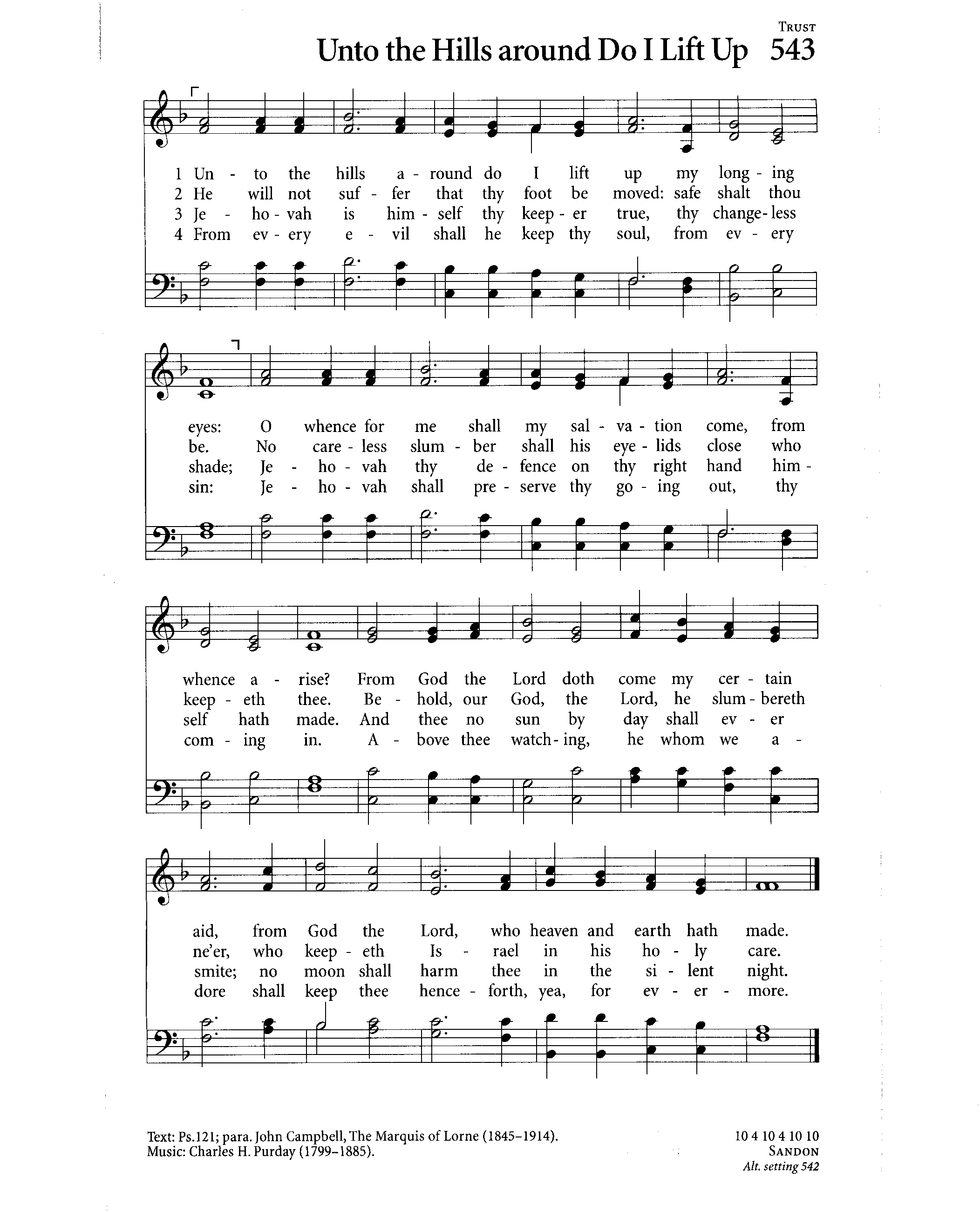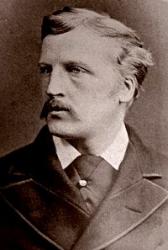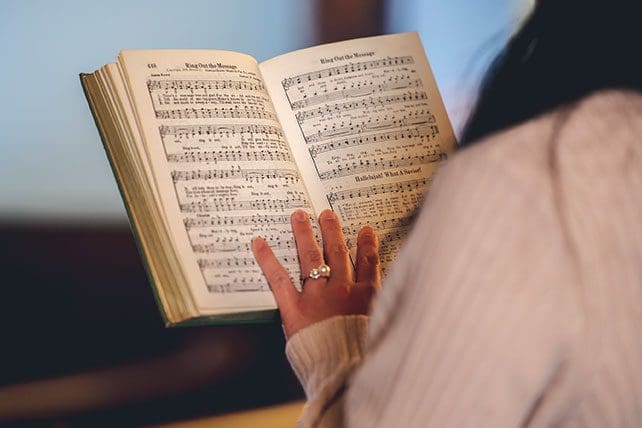Unto the Hills
Lyrics
My longing eyes;
O whence for me shall my salvation come,
From whence arise?
From God the Lord doth come my certain aid,
From God the Lord who heaven and earth hath made.
Safe shalt thou be.
No careless slumber shall His eyelids close,
Who keepeth thee.
Behold our God the Lord, He slumbereth ne'er,
Who keepeth Israel in His holy care.
Thy changeless shade;
Jehovah thy defense on thy right hand
Himself hath made.
And thee no sun by day shall ever smite;
No moon shall harm thee in the silent night.
From every sin;
Jehovah shall preserve thy going out,
Thy coming in.
Above thee watching, He whom we adore
Shall keep thee henceforth, yea, forevermore.
Bible Reference
Psalm 121:1–2
About This Hymn
“Unto the Hills” is a dignified and poetic metrical rendering of Psalm 121, written by John Douglas Sutherland Campbell, the 9th Duke of Argyll and husband to Princess Louise, daughter of Queen Victoria. A devout Christian and respected British statesman, Campbell crafted this hymn in 1877 with a reverent tone and lyrical precision that capture the spirit of the original psalm.
Psalm 121 is one of the Songs of Ascents, traditionally sung by pilgrims journeying to Jerusalem. It opens with the words, “I will lift up mine eyes unto the hills,” evoking a sense of longing and trust. Campbell’s hymn preserves the psalm’s themes of divine protection and constant guidance. It reflects the confidence of the believer that God watches over His people without slumber, preserving them from harm both day and night.
The hymn begins with the believer lifting his eyes toward the hills, asking where help will come from. The answer comes clearly and comfortingly: from the Lord, the Maker of heaven and earth. In subsequent verses, the hymn assures worshipers that God never sleeps, always keeps His children safe, and will guard their lives through every trial and danger.
Campbell’s paraphrase is marked by elevated diction and a regal sense of rhythm, yet it remains accessible to the average worshiper. The structure of the hymn preserves the psalm's progression of thought—from question and answer to reassurance and praise. It emphasizes God's unfailing vigilance and His ability to guard His people in all circumstances. The final stanzas express confidence that God will preserve the soul and direct the believer’s path both now and forever.
The tune most often associated with “Unto the Hills” is “Sandon” by Charles H. Purday, which gives the hymn a calm and meditative mood, fitting the theme of divine protection. The melody supports the reflective nature of the lyrics, making it especially suitable for evening worship services, memorials, or times of reflection and reassurance.
Throughout the years, “Unto the Hills” has been beloved in Scottish and English-speaking churches for its faithful rendering of Scripture and its poetic beauty. It serves as a reminder that the Lord is our Keeper, our Shield, and our unchanging Helper. In a world of uncertainty, this hymn stands as a beacon of trust in the eternal vigilance of God, who guards His people with perfect and unceasing care.


📬 Subscribe to Our Devotional Updates
Receive weekly hymns, devotionals, and website features directly in your inbox.
Hymn Information

- Category: Hymn
- Author/Writer: Duke of Argyll (1877)
- Added: July 22, 2025
- Last Updated: July 22, 2025
- Views: 847
To view the author's biography, click their name above.
MIDI File
Popular Hymns
Recent Blog Posts
Popular Blog Posts
Visit Us on Social Media
Latest from X (Twitter)
Tweets by HymnalLibraryLatest from Facebook
Latest on YouTube
Daily Bible Verse
Disclaimer
The hymns, sheet music, MIDI files, and related content on this website are provided for educational and research purposes only.
- Public Domain: Many of the hymns featured here are in the public domain and may be freely used.
- Copyrighted Works: Some hymns may still be under copyright protection. Where applicable, permission has either been requested from the copyright owner, or the content is shared under the principles of fair use for educational purposes.
⚠️ Important Notice: If you wish to reproduce, distribute, or use any copyrighted hymn beyond personal study or educational use, you must obtain permission directly from the copyright holder. This website does not grant any rights for commercial use yet.
If there is any other question please address it to us in our Contact Page, for further assistance. Thank you for using the site. May God Bless You.













